Career Technology
SPORTS
PERFORMING ARTS
COUNSELOR'S OFFICE
QUICK LINKS

Instructor: Tyler Behel
email: tbehel@winfield.k12.al.us
WINFIELD AGRICULTURE TAKES PART IN SEVERAL PROJECTS IN OUR COMMUNITY

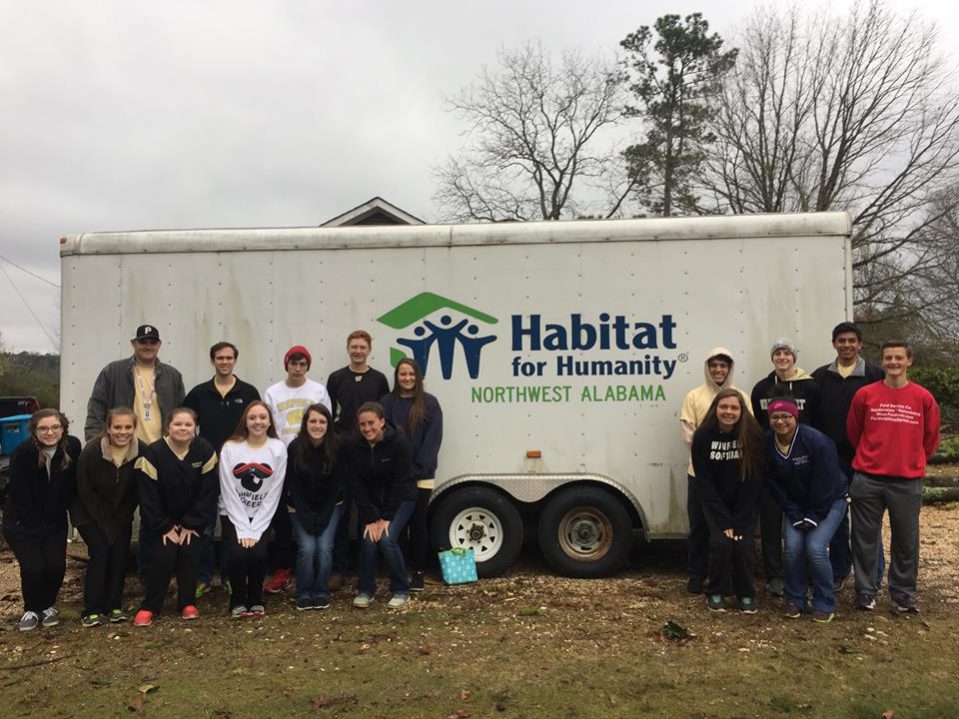
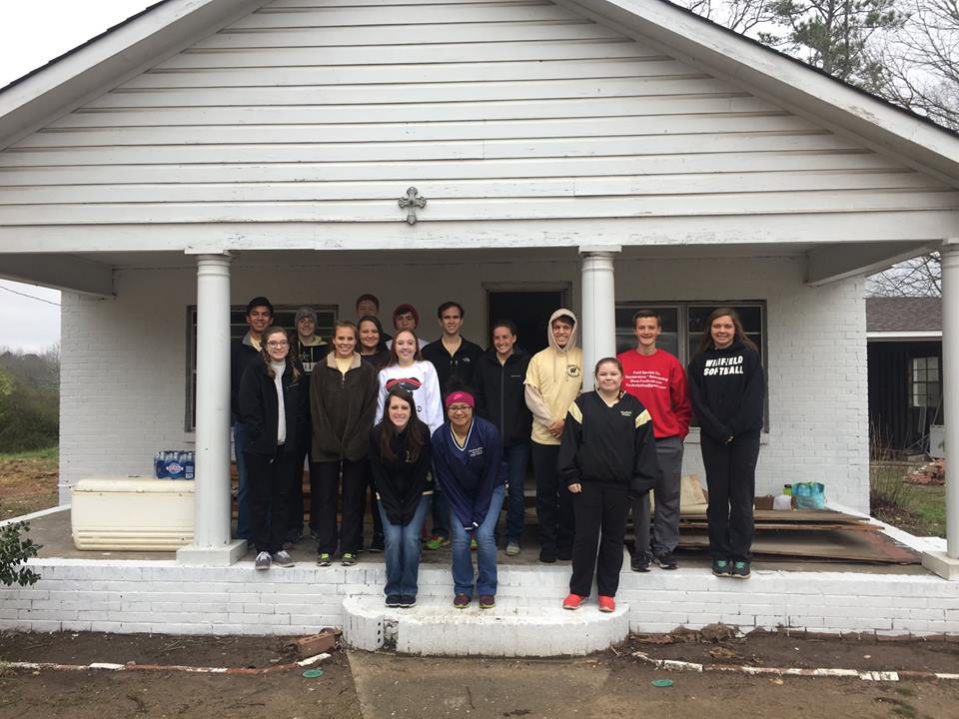
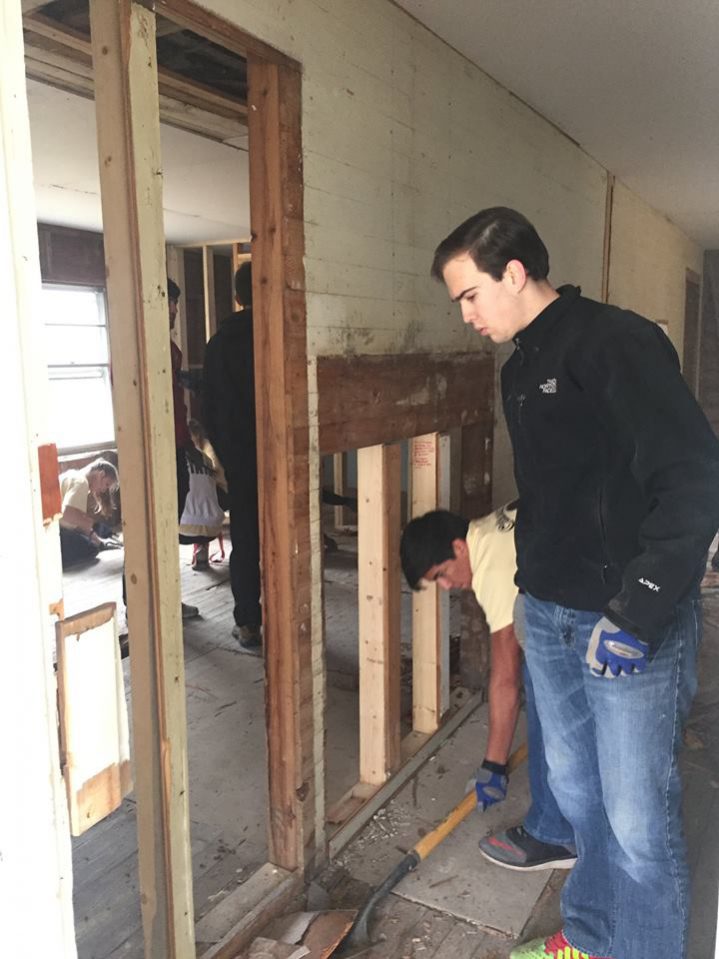
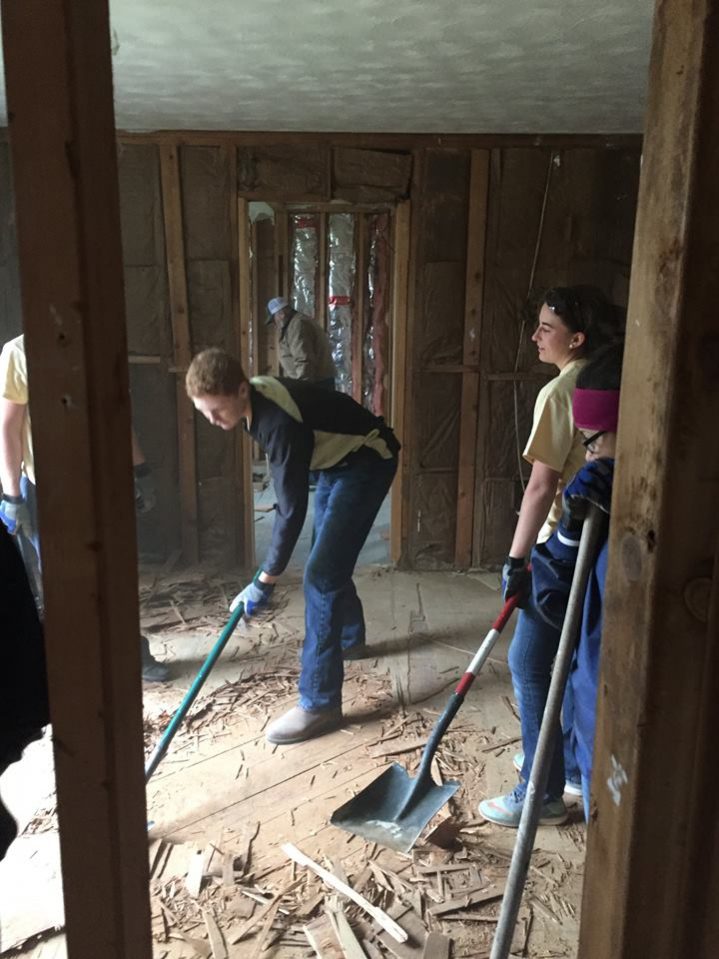
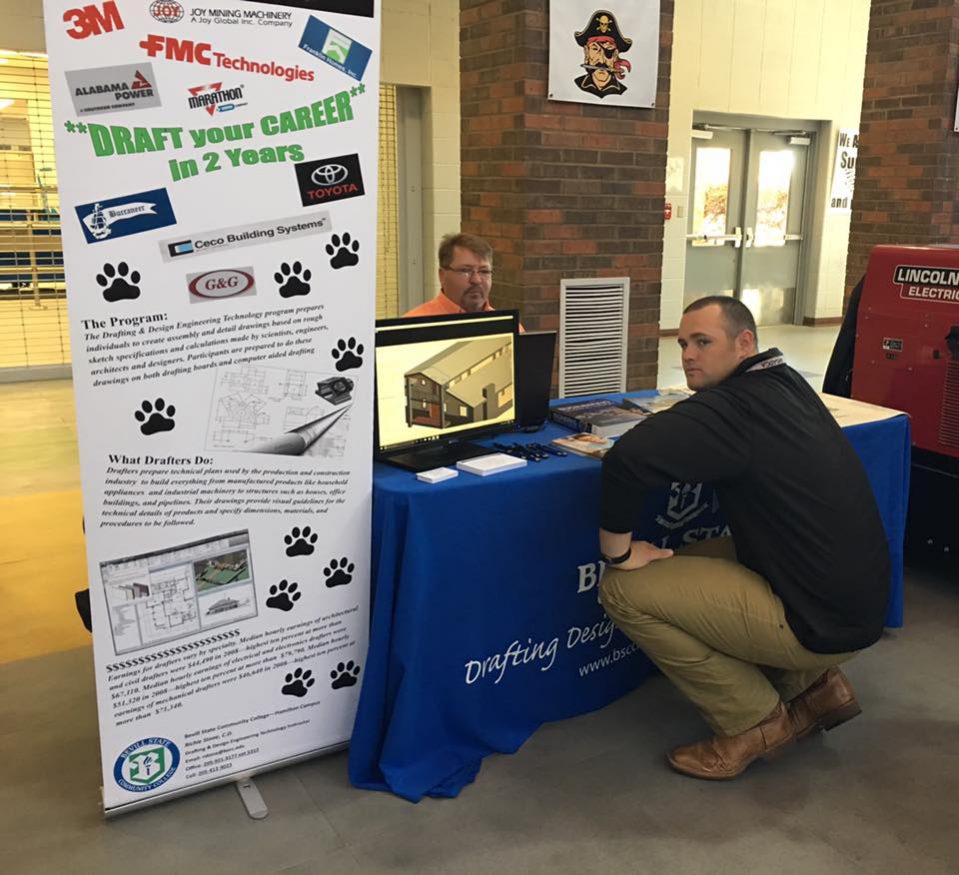
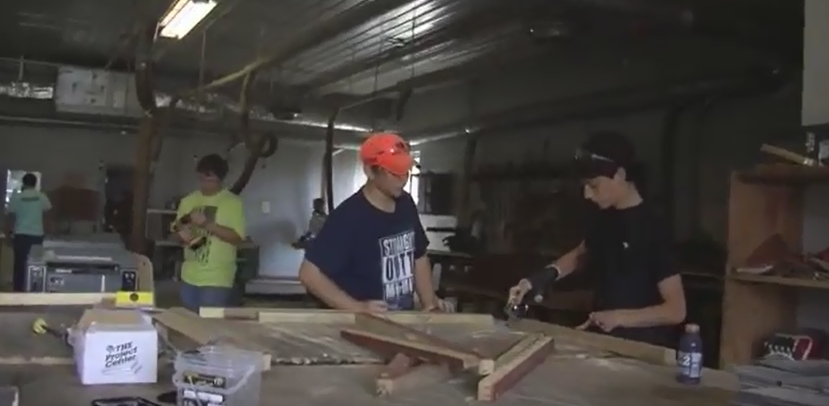
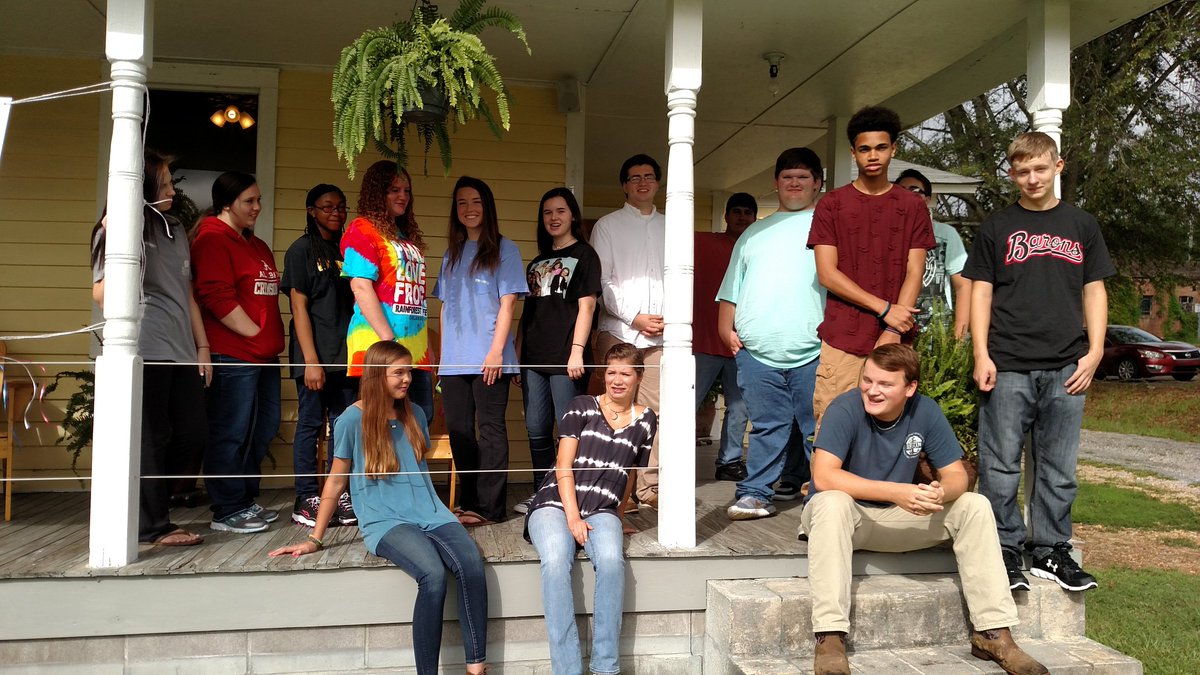
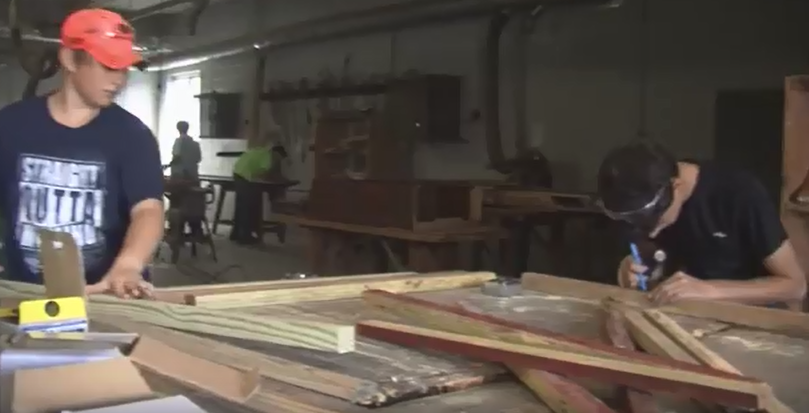
These courses encourage critical thinking, use of the scientific method, integration of technology, development of student leadership skills, and application of knowledge and skills related to practical questions/problems. Safe field and laboratory investigations will be used in instruction as often as possible to illustrate scientific concepts and principles and to support inquiry instruction.
All three courses emphasize SAEP and FFA opportunities that develop students’ potential for premier leadership, personal growth, and career success.
INTRODUCTION TO AGRISCIENCE
Agriscience is a one-credit course that provides students with a general overview of the five major career areas in Agriscience Education: Plant Biosystems, Animal Biosystems, Agri-Engineering, Agri-Commerce and Communication, and Environmental and Natural Resources.
Students are involved in classroom and laboratory activities in each of the five major career areas. Application of agriculture related case studies is used to demonstrate and reinforce skills taught in this course.
This course expands students’ critical-thinking skills, use of the scientific method, integration of technology, development of leadership skills, and application of knowledge and skills related to practical questions and problems.
FORESTRY
Forestry is a one-credit course designed to enable students to become knowledgeable of forestry and wood technology. Students will:
Acquire an appreciation for increased emphasis on managing and securing forests for the future.
Develop skills for producing, managing, harvesting, marketing, and developing forestry products.
Develop skills in the area of biotechnology, surveying, and mapping.
Evaluate practices to insure protection of natural resources found in the forest ecosystem.
Learn to identify forest trees, forest products, forest insects, and forest disease.
Use tools associated with forestry and wood technology.
Develop leadership skills, realize personal growth.
AGRI CONSTRUCTION
Agri Construction Finishing is a one-credit course designed to facilitate student understanding of finish construction as it relates to agriculture. Students become familiar with types of agriculture finishing and their applications.
In addition, students are provided opportunities to develop skills in the areas of planning, safety, and finishing for various agriculture structures.
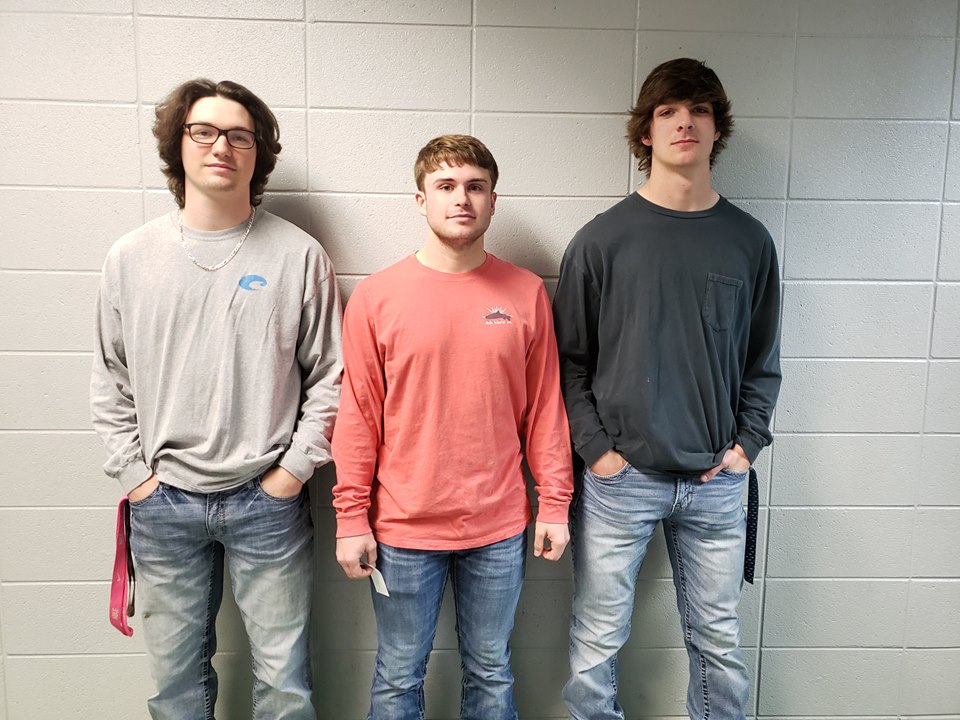
The team placed 6th at the contest with a total score of 181……just 22 points shy of 1st place. Welding Team from l to r: Nathan Head, Jacob Dyar, & Nolen Miles.
Jacob Dyar won 1st place overall scoring higher than 87 other welders. He had the highest individual score with a score of 75 out of a possible 80 points.
THE FFA CREED
I believe in the future of agriculture, with a faith born not of words but of deeds – achievements won by the present and past generations of agriculturists; in the promise of better days through better ways, even as the better things we now enjoy have come to us from the struggles of former years.
I believe that to live and work on a good farm, or to be engaged in other agricultural pursuits, is pleasant as well as challenging; for I know the joys and discomforts of agricultural life and hold an inborn fondness for those associations which, even in hours of discouragement, I cannot deny.
I believe in leadership from ourselves and respect from others. I believe in my own ability to work efficiently and think clearly, with such knowledge and skill as I can secure, and in the ability of progressive agriculturists to serve our own and the public interest in producing and marketing the product of our toil.
I believe in less dependence on begging and more power in bargaining; in the life abundant and enough honest wealth to help make it so–for others as well as myself; in less need for charity and more of it when needed; in being happy myself and playing square with those whose happiness depends upon me.
I believe that American agriculture can and will hold true to the best traditions of our national life and that I can exert an influence in my home and community which will stand solid for my part in that inspiring task.
AGRISCIENCE EDUCATION PERSPECTIVE
Philosophy
Programs in Vocational Agriculture and Agribusiness have been in existence for more than 70 years, and have contributed extensively to the prosperity of today’s society. New emphasis is being placed on the integration of agriculture with academics, especially in math and science.
Today, Agriscience Education is a comprehensive program providing students approrpiate classroom and laboratory instruction, supervised experiences, and personal development through FFA. These components are integrated so they complement each other.
Programs reflecting this new emphasis have two major missions or purposes:
1) To provide knowledge and skills needed to enter and advance in agricultural careers and/or post-secondary training.
2) To help students obtain important knowledge that is needed and relevant for them now.
AG DEPARTMENT GOALS
The major purpose of the department is:
(1) to provide students with the knowledge and skills needed to enter and advance in agricultural careers.
(2) to enable students to function as informed citizens in today’s society.
(3) to provide entry level workers for agriculture and related industry.
The goals of Winfield Agriscience Education are:
To provide education in and about agriculture from the perspective of science and technology.
To prepare students for employment in an agricultural career.
To prepare students for entry into postsecondary programs in agriscience fields.
To provide education about the role of agriscience in the conservation of the Earth’s natural resources.
To develop life and employability skills essential for successful employment.
To develop skills needed to fulfill occupational, social, and civic responsibilities